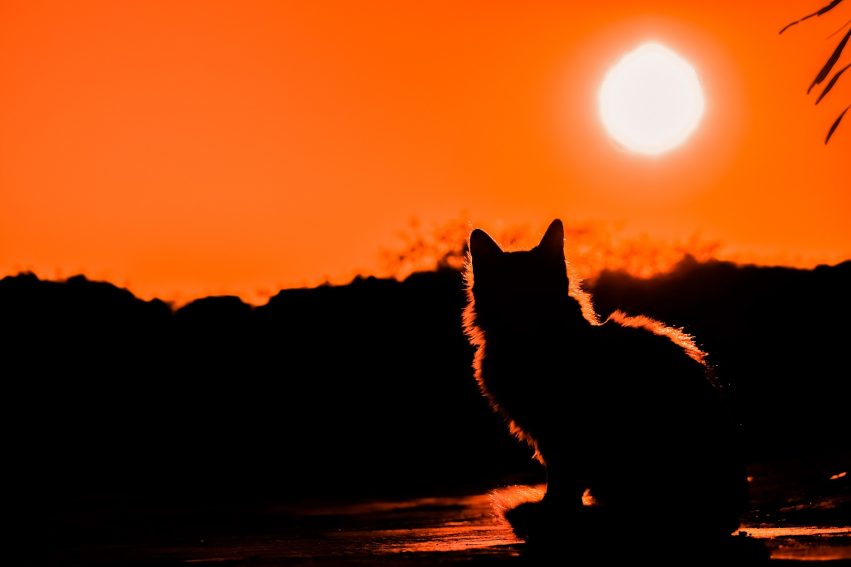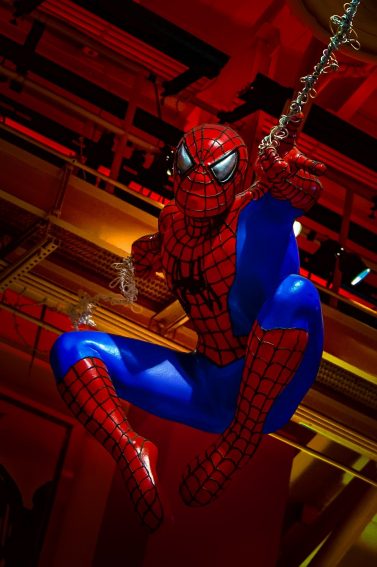
Collaboration Between Businesses
I attended a speed networking event recently. About 20 of us spoke one-to-one with everyone in about one hour. A minute each way for each meeting. I’m not sure how effective this approach is – I’ll see if any collaboration builds from it.
We weren’t expecting this and so we all invented our own approaches. I promoted Telling Stories: Making Business. I collected business cards with a note of those who expressed interest. I’ve written to these new contacts and will see how effective this was in due course.
Speed networking means we have brief encounters and ask whether they’re interested. There’s no time to dig deeper. Indeed the pressure is to think of reasons why not to go further, simply because there’s so many potential opportunities.
Inspiration
Does speed networking reinforce the idea that the purpose of business networking is to sell? Obviously sales happen, I’ve made a few purchases from people who I’ve got to know through networking. But making a purchase is fairly rare. I decide I need something and look for someone I know who can supply it. A direct sales pitch is unlikely to work, especially from someone I have not met before.
One person I met at the same meeting with whom I had a longer one-to-one, sells personal financial advice. I already have a financial advisor and so I explained I’m not currently in the market. I offered some ideas about why selling financial advice is difficult. Most people don’t understand the need for it. I wish I’d talked to an advisor earlier – why didn’t I?
We edged closer to a better understanding of the purpose of networking. It is not primarily to sell. It is mostly about collaboration or inspirational support. How can I help this business owner, even if I have no interest in their business?
If we seek inspiration, we’re likely to find it in unexpected places, with businesses different from our own.
Creative Collaboration
Even where a business is different, there may be opportunities for creative thinking. Imagine a 10 minute conversation where you work out an offer you could make together. What sort of offer could someone in property make with someone who offers massage for sports injury?
Maybe none. But the majority of ideas come to nothing. The aim is not to come up with something revolutionary and viable. It is to look at what I do from a fresh perspective. There’s no pressure to take it further but you never know, until you make the effort.
So far, I’ve assumed two very different businesses. But what happens when you ask the question of a business similar to your own? This opens up a world of new possibilities for collaboration. More next time.


